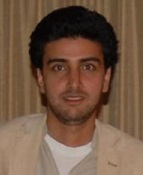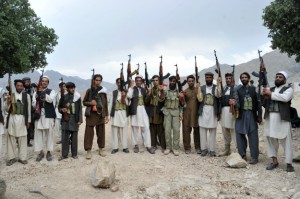Russia-Syria: The Russian military news agency, Interfax-AVN, reported two more Russian ships are heading to the Mediterranean Sea. The destroyer Nastoychivyy of the Baltic Fleet and the patrol combatant Smetlivy of the Black Sea Fleet will join the Russian Navy's task force in Mediterranean in the next few days, Interfax-AVN was told at the Main Staff of the Navy on Wednesday, 4 September.
“The patrol combatant Smetlivy will enter the Mediterranean for combat duty in the next few days in accordance with operational command plans. The flagship of the Baltic Fleet, the destroyer Nastoychivyy, is expected to join the group of our ships,” a spokesman said.
The Russian Defense Ministry also said the patrol combatant Neustrashimyy and the large landing ships Aleksandr Shabalin, Admiral Nevelskoy and Peresvet are carrying out missions in the Mediterranean in accordance with operational command plans.
The large landing ships of the Black Sea and Baltic fleets, the Novocherkassk and the Minsk, will join them on 5-6 September. The medium reconnaissance ship SSV-21 Priazovye, which put out from Sevastopol on 1 September, is acting in accordance with special plans of the General Staff.
Comment: The Russian navy task force in the Mediterranean Sea is supposed to comprise 16 ships of various types. Eight of them are listed above. They have the capability to harass any US naval formation of destroyers.
Comments from Navy and Marine Corps veterans question the wisdom of using fleet defense assets – destroyers – in an offensive strike role. The key question is who or what protects the destroyers after they shoot, with Russian destroyers and patrol combatants around. Submarines presumably, but they are not effective in preventing harassment and disruption of surface formations.
Russia-US/France: President Vladimir Putin warned the West against taking one-sided action in Syria, but also said Russia ‘doesn't exclude' supporting a UN resolution on punitive military strikes if it is proven that Damascus used poison gas on its own people.
In a wide-ranging interview with The Associated Press and Russia's state Channel 1 television, Putin said Russia is developing a plan of action in case the United States does attack Syria without United Nations approval, but he declined to go into specifics.
He said he ‘doesn't exclude' the possibility of backing force against Syria, but at this stage he does not even accept that an alleged chemical weapons attack took place.”
Syria and Gas: Previously, the US, France and the UK published declassified documents about the 21 August gas attack and Syrian government forces use of gas in the past. Today, Russia published a summary of its findings about a prior attack that was alleged loudly and wrongly to be a Syrian government chemical attack.
This Russian study concerns a gas attack in Aleppo, also attributed to the Syrian government. The Russian document has received no coverage in Western media.
NightWatch reproduces the Russian report below.




